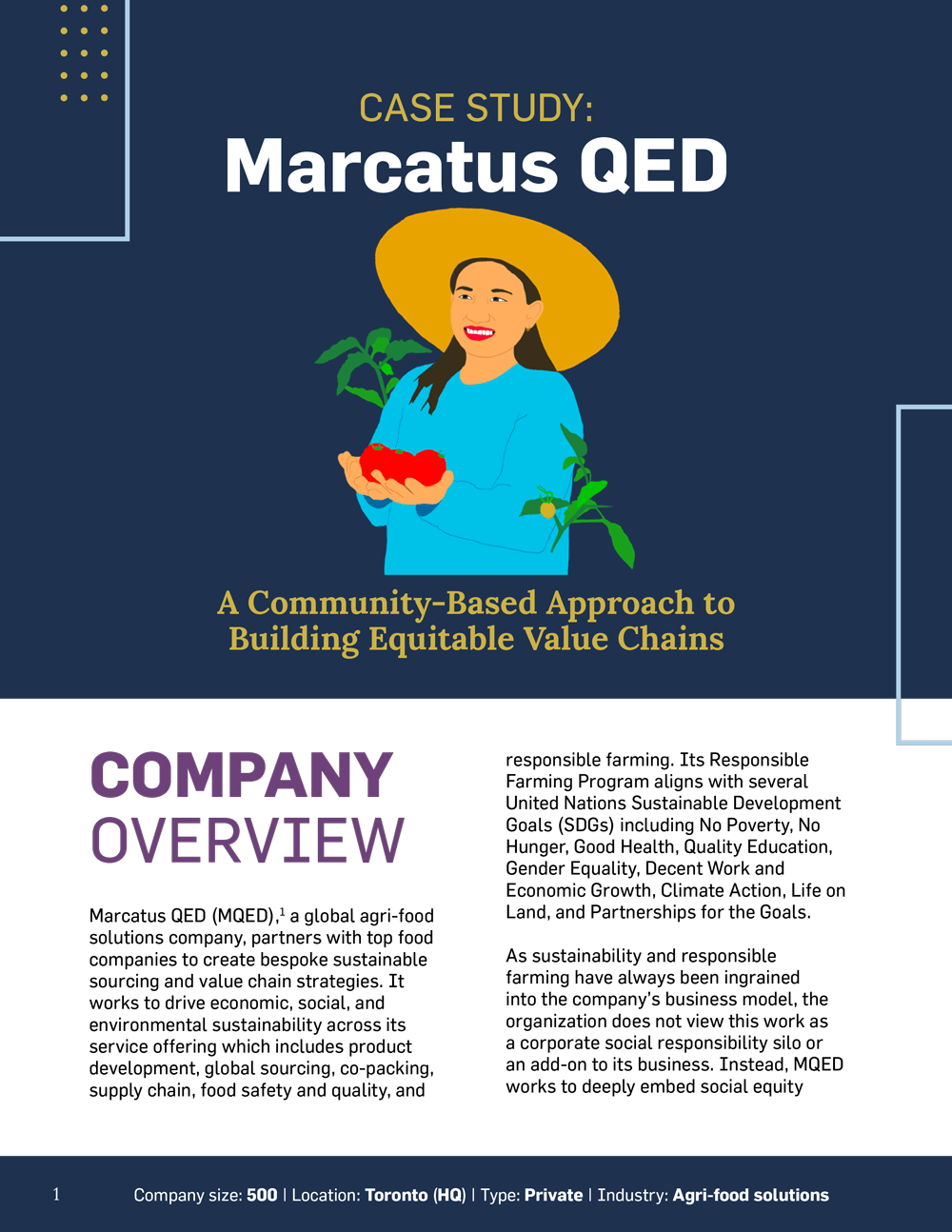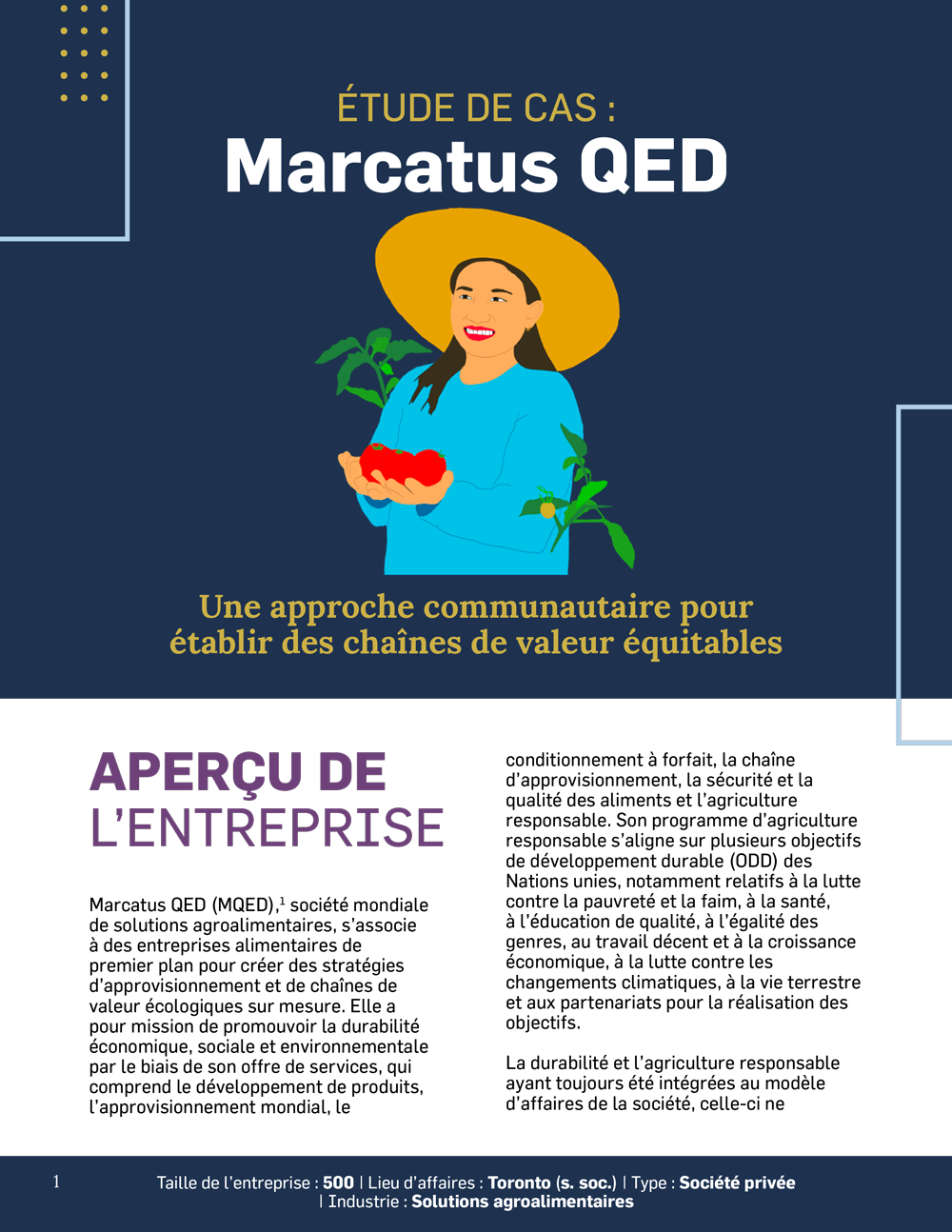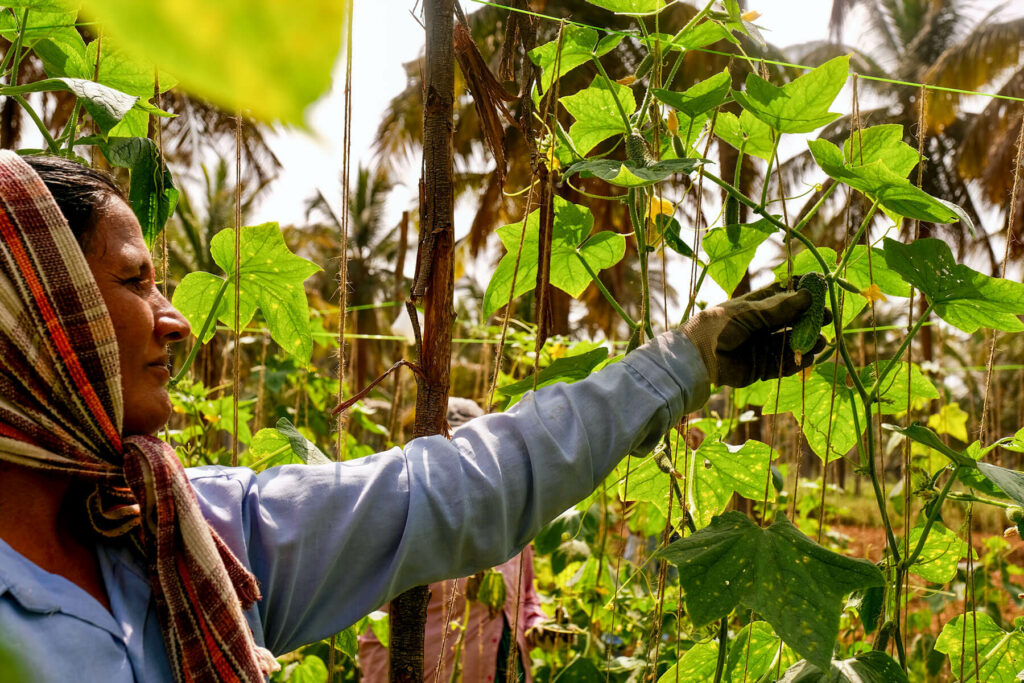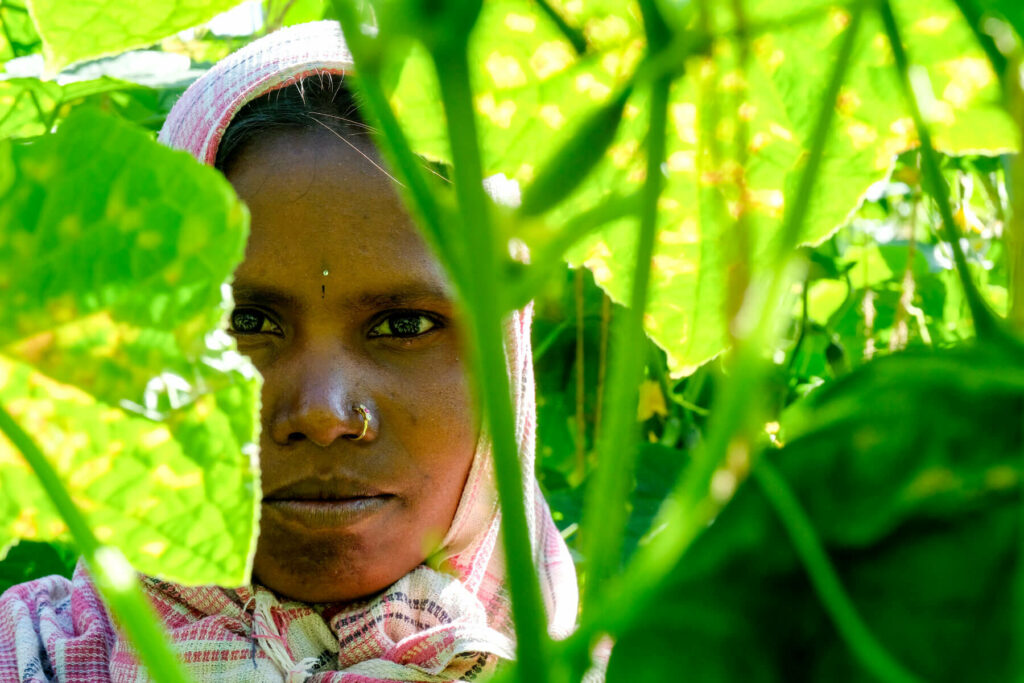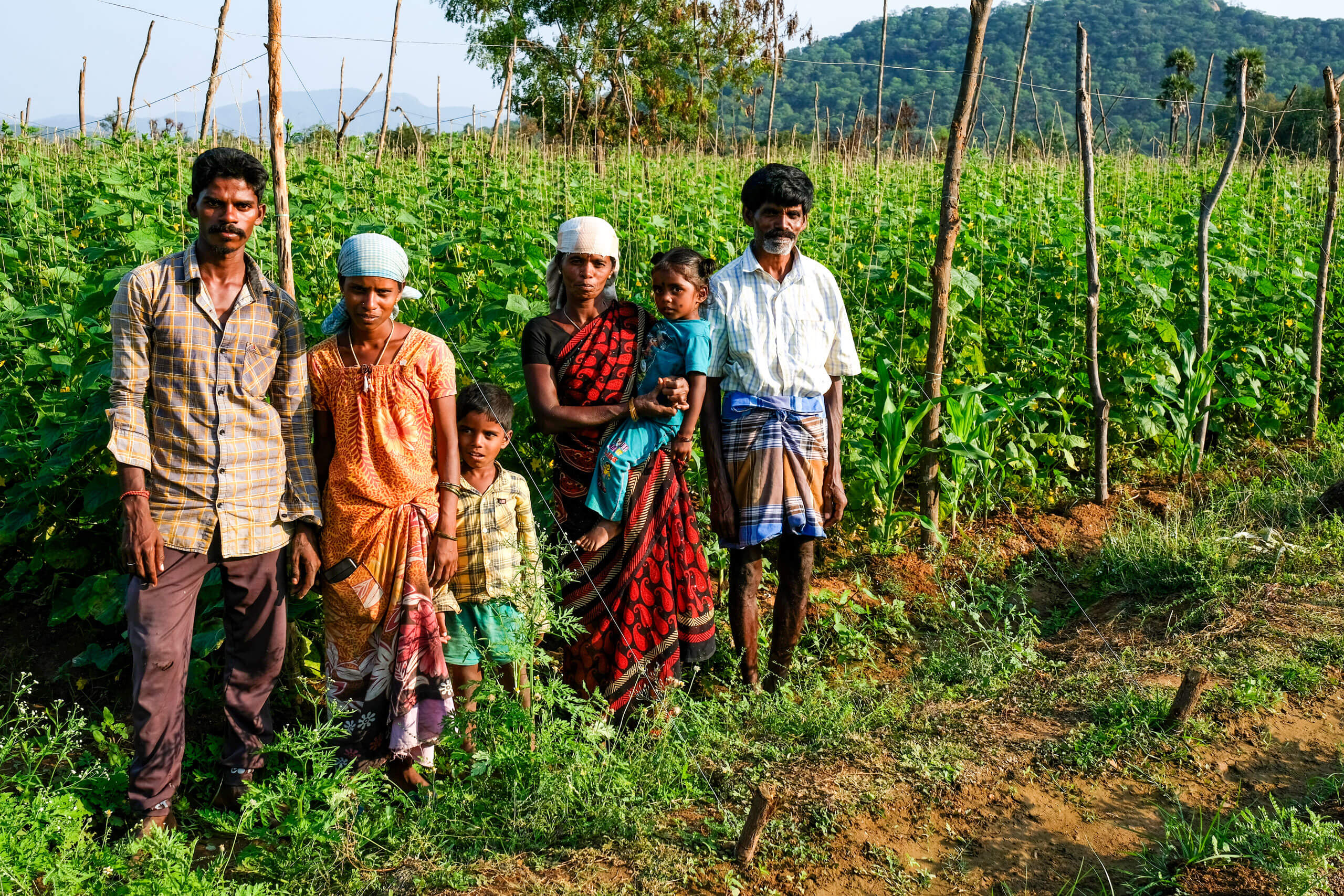Challenges Faced: MQED noticed gender gaps in training participation and representation. To address this, they incorporated nutrition and sanitation education and brought in a gender expert to enhance gender awareness within their teams.
Women in Agriculture Scholarship: MQED supports women scholars in agriculture, aiming to equip them for leadership roles. Successful candidates, like Jacqueline Echevarria Arciniega, benefit from financial support and educational opportunities.
Partnership Initiatives: Collaborating with Unilever and GAIN, MQED implemented "Seeds of Prosperity," focusing on dietary diversity, hygiene practices, and supporting kitchen gardens for rural farming families.

